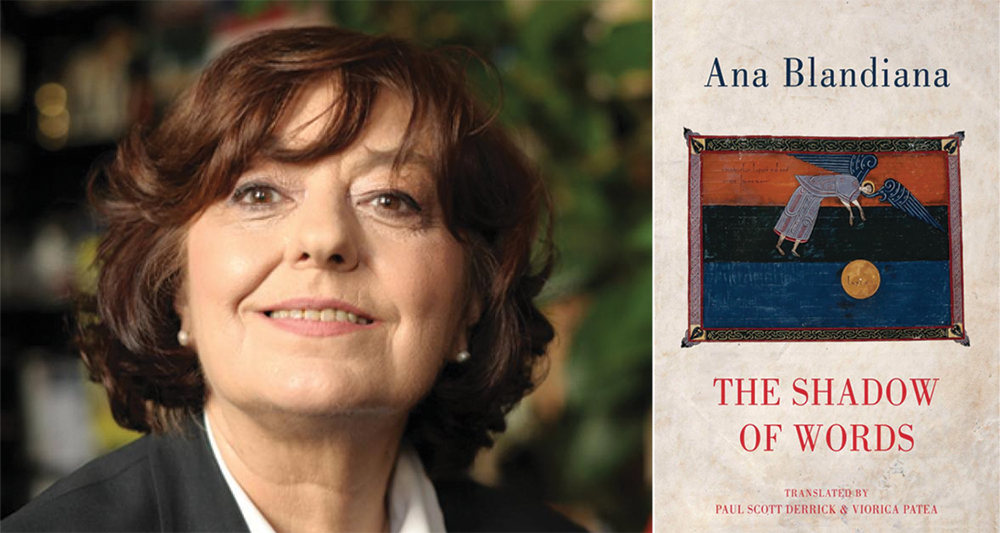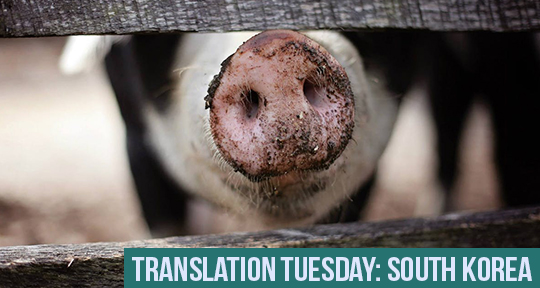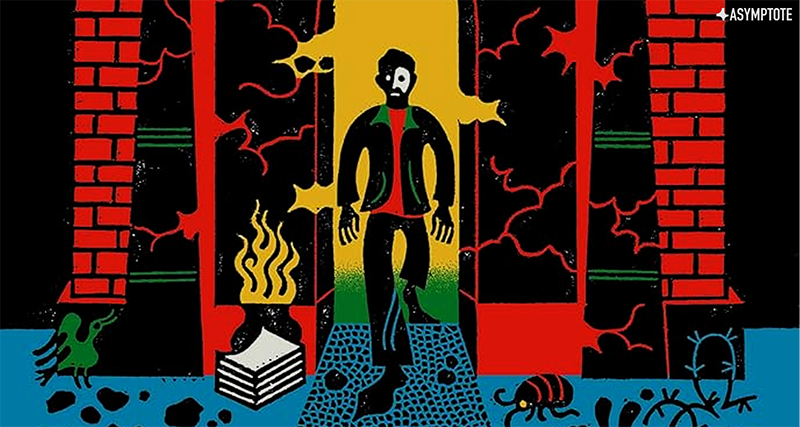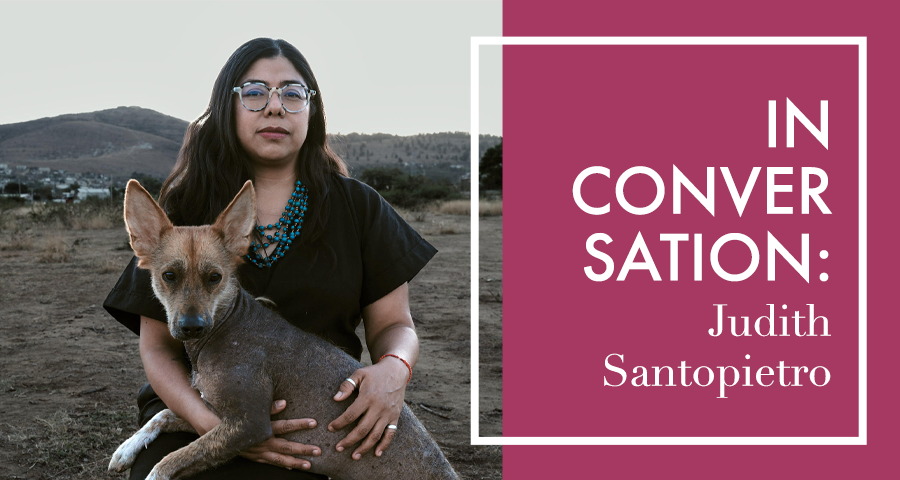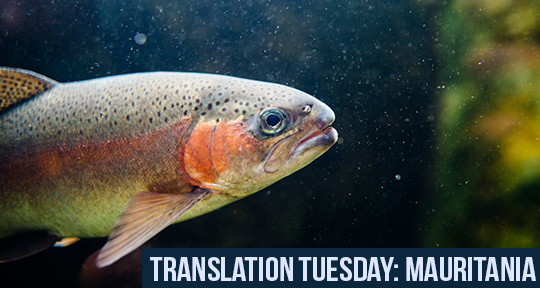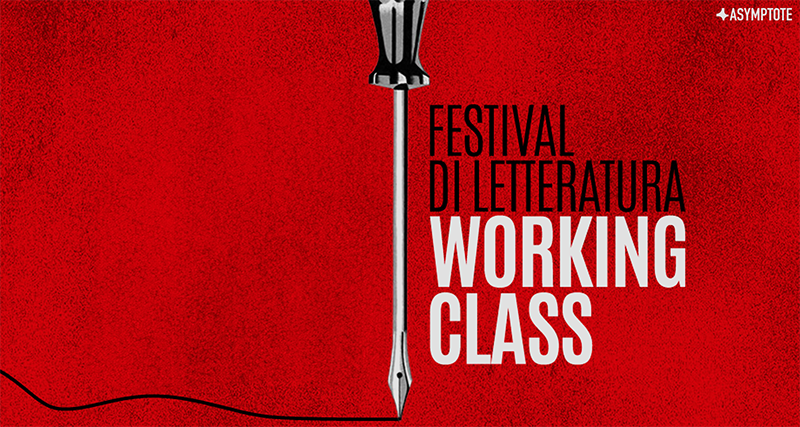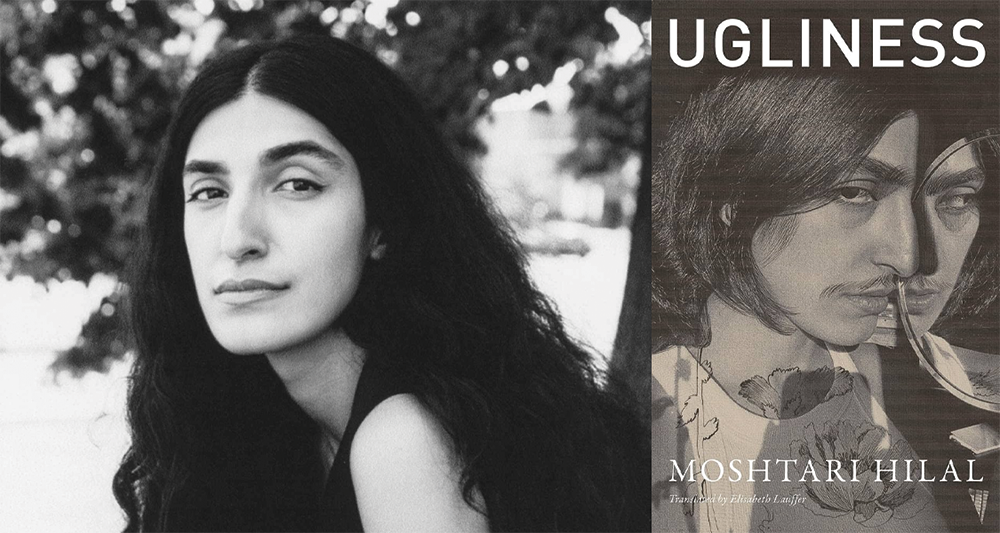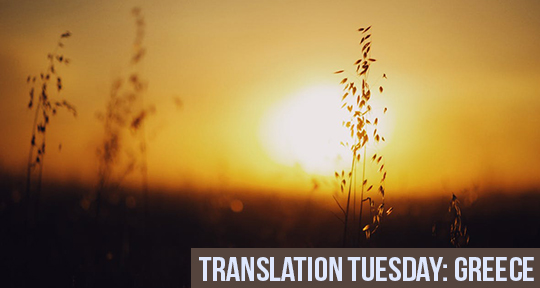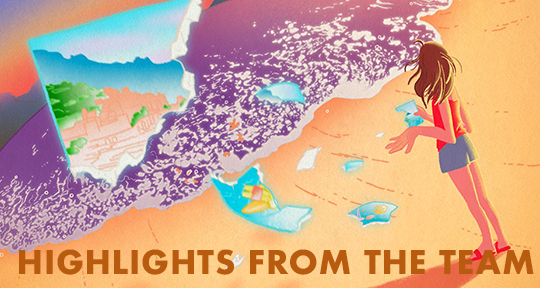Judith Santopietro’s Tiawanaku: Poems from the Mother Coqa (translated by Ilana Luna and published by Orca Libros in 2019) was sketched by the Bolivian writer Liliana Colanzi as “a book that dialogues with nature” with “a sensitivity that picks up on the sublime, the cosmovision, the song and the spiritual elements.” Through those poems, Santopietro enables her readers to hear Incan hymns from a distance while marveling at the mountainscape of the great Andes. Her debut poetry collection, Palabras de Agua (Instituto Veracruzano de Cultura-Praxis, 2010), was praised by Gloria Elizabeth Chacón in Indigenous Cosmolectics (2018) as a mold-breaking contribution to Nahua women’s poetry, in league with Yolanda Matías García, another Nahua poet. In mediating on her heritage language and its capacity to evoke such vivid scenes, Santopietro reveals: “I experiment with the language, Nahuatl, into my poems to recreate sounds, rhythms, and even some memories of my foremothers.’”
In 2004, Santopietro, whose writings in Spanish have elements of the Nahuatl, Quechua, and Aymara languages, also founded Iguanazul, a translingual literary magazine that promotes the oral literatures and traditions of Mexico’s indigenous peoples. The publication has since featured vital contemporary voices such as Irma Pineda, Macario Matus, Inti Barrios, Martín Rodríguez Arellano, Celerina Patricia Sánchez Santiago, Esteban Ríos Cruz, Mikeas Sánchez, and Kalu Tatyisavi—in both original texts and Spanish translations. Following this intersection between languages and heritages, individual expression and political representation, I spoke with Santopietro on how Mexikano as a silenced heritage percolates into her original writings in Spanish as a Nahua descendant, the collection Tiawanaku, and how she probes into displacement, language extinction, and indigeneity.
Alton Melvar M Dapanas (AMMD): You write mainly in Mexican Spanish, your mother tongue. Your writings, however, borrow from other languages such as Quechua, Aymara, and most especially your heritage language, the Nahuatl of Mexico’s largest group of indigenous peoples, the Nahua. Could you tell us more about these choices, political, ancestral, and beyond—as a poet, essayist, and translator?
Judith Santopietro (JS): Yes, as you mention, my mother tongue is Mexican Spanish—which is so close to the Nahuatl language because of all the influences that remain in our daily speech, like the diminutives that show affection. We say, “¿quieres agüita?, ¿se te antoja un tamalito? ¿te sirvo un chocolatito?”; and without realizing it, Nahuatl words slip in.
Beyond the lexicon that has remained in Mexican Spanish, there are also other, more specific manifestations like forms of healing, prayer, sowing, cooking, and even the arrangement of space in my aunt’s house, all of which led me to make the political, ancestral decision to study Nahuatl—which is called Mexikano in the town where my paternal family is from. My aunt once told me that my grandmother Otilia spoke Mexikano, but unfortunately she died young, and I couldn’t hear her speak. Still, that was doubtlessly another reason I decided to study this language.
I wasn’t immersed in the natural listening-learning process of this language because after her, no one else spoke it, but Nahua stories and beliefs remained in the rural-indigenous region where my family comes from, and they have completely influenced my writing to this day. That’s where my decision to consider myself a Nahua descendant comes from. READ MORE…

